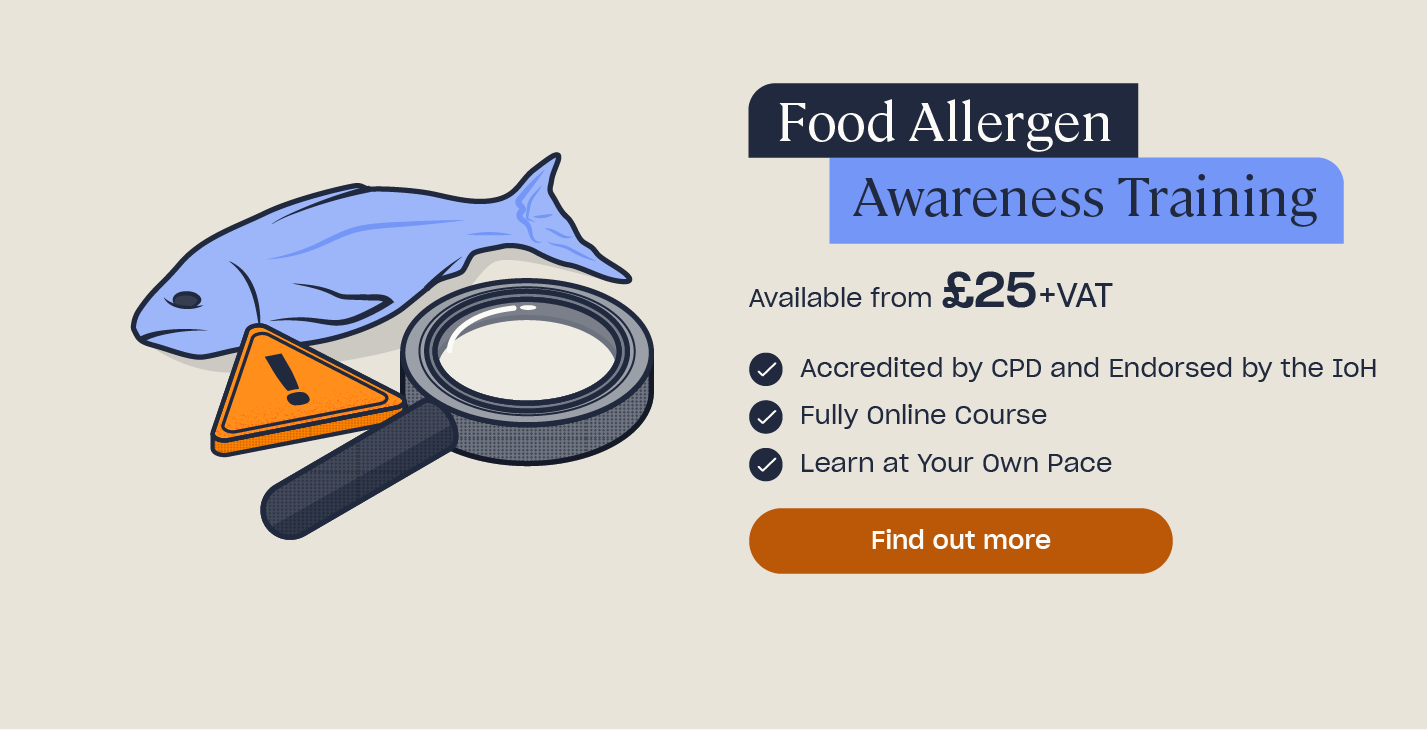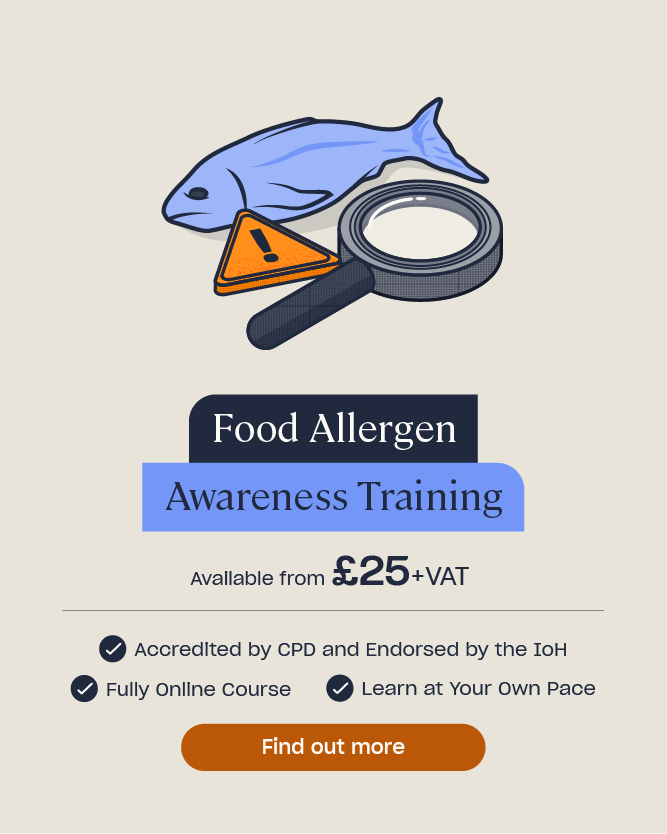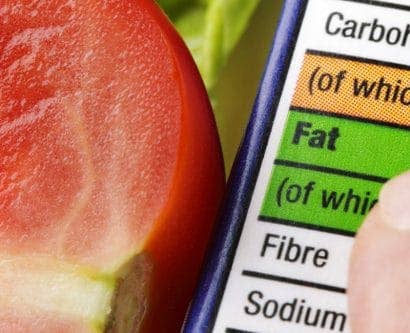Food Hypersensitivity Quiz
Test Your Knowledge of Food Hypersensitivity
You’re probably familiar with the terms food allergy and intolerance, but have you heard of food hypersensitivity? Whether you have food hypersensitivities yourself, or work in a place where you need to know about the different kinds of food hypersensitivity, it’s important to understand how the different terms relate and how they differ from each other. Try our quiz now to test your knowledge!
Is a food intolerance different from a food allergy?

A food intolerance is not the same as a food allergy. Food allergies can be life-threatening and triggered by trace amounts of the allergen. A food intolerance, for example, may cause adverse symptoms but is never life-threatening.
Is Irritable Bowel Syndrome (IBS) an example of food hypersensitivity?

Irritable bowel syndrome (IBS) is a condition consisting of frequent abdominal discomfort and bowel symptoms. It cannot be explained by any other disease and has no specific cause, therefore it is not an example of food hypersensitivity.
What are the symptoms of food intolerance?

People who suffer from food intolerances often don’t create enough of a particular enzyme that the digestive system requires in order to successfully break down certain foods, this results in symptoms of bloating, rashes, headaches, nausea and stomach pain.
What is food hypersensitivity?

Food hypersensitivity is a blanket term for an adverse reaction to food which could be a result of a food allergy, a food intolerance, or an autoimmune disease. This can appear to varying degrees of severity and can be very serious.
Is food hypersensitivity life-threatening?

The most common types of food hypersensitivities are food allergies, food intolerances and coeliac disease. Of these three, only food allergies are life-threatening and only then if the person experiences anaphylactic shock as a result of the allergen. Anaphylactic shock leads to breathing difficulties, light headedness, and feeling faint or losing consciousness – in the event of anaphylaxis, always call 999.
When eating out in a restaurant, how can you tell if an allergen is in the food?

Food business operators in the catering sector are required to provide allergen information, this means that they must provide allergen information to the consumer for all food and drink menu items. They must also demonstrate they handle and manage food allergens effectively in food preparation, and train all staff on allergens. To read more about how businesses should manage allergens, read our article here.
What is a food allergy?

A food allergy is defined as a response by the immune system against a particular ingredient that has been consumed. Allergies can vary in severity, some can cause anaphylaxis whilst others can bring mild symptoms.
Can people have food hypersensitivity to any food?

Food hypersensitivity is a blanket term covering food allergies, food intolerances and autoimmune diseases such as Coeliac Disease. Whilst Coeliac Disease is specifically a reaction to an enzyme contained in gluten, people can experience allergies and intolerances to any food item.
What is food intolerance?

A food intolerance is defined as having difficulty digesting certain foods, resulting in an adverse physical reaction to them if they are eaten. As such, food intolerance affects the digestive system. However, food intolerances are not life-threatening. Read more in our article What is a Food Intolerance?.
Coeliac Disease is an autoimmune disease that causes the body’s immune system to attack its own tissue when a trigger food is ingested. What is the trigger food in this autoimmune condition?

Coeliac Disease is caused when a person ingests gluten, and the body identifies this as a threat. The immune system goes on the attack and can cause damage to the lining of the small intestine and disrupts the body’s ability to absorb nutrients from food. People can also have an intolerance to gluten, which is a different reaction.
Share your Results:
Further Resources:
- Food Allergen Awareness Training
- What is Food Hypersensitivity?
- What is a Food Intolerance?
- What Does Natasha’s Law Mean for My Business?
- Food Allergies: Myth Vs. Fact
- Food Allergy Awareness Quiz
- Food Safety Awareness Quiz











